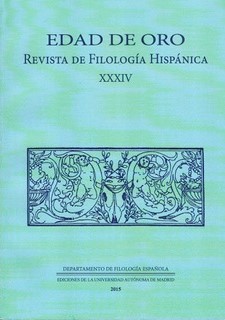Palabras clave:
Pedro Bosch-Gimpera, Quijote, Cervantes, humanismo ecuménico, historia de EspañaResumen
En este artículo se presenta la interpretación alternativa de la historia de España que desarrolló el historiador y arqueólogo mexicano-catalán Pedro Bosch-Gimpera, frente a las versiones oficiales de su tiempo. Se pretende mostrar cómo distinguió proyectada su propia visión del pasado a través de la obra de Cervantes y cómo el Quijote representa un humanismo ecuménico que se desarrolló en la Segunda República Española. El texto expone su tratamiento de distintos hitos de la historia de España, los cuales intenta desmitificar con respecto del uso político que se les dio principalmente durante la dictadura de Franco, pero también como una constante en los primeros treinta años del siglo xx.
The Quixote and the alive reality of the Spains: the Pedro Bosch-Gimpera’s historical vision
Abstract: This article presents the alternative interpretation of the spanish history that the mexican-catalan archaeologist and historian Pedro Bosch-Gimpera developed; opposite to the official versions of his generation. It tries to show how he distinguished his own vision of the past projected through Cervantes’ work and how The Quixote depicts an ecumenical humanism that was applied during the Second Spanish Republic. The text exposes his treatment of different hits of the Spanish history, which he tries to debunk in regard to
the political utilization that they received mainly during the Franco’s dictatorship, but also as a constant in the first thirty years of the xx century.
Keywords: Pedro Bosch-Gimpera, Quixote, Cervantes, ecumenical humanism, history of Spain.
